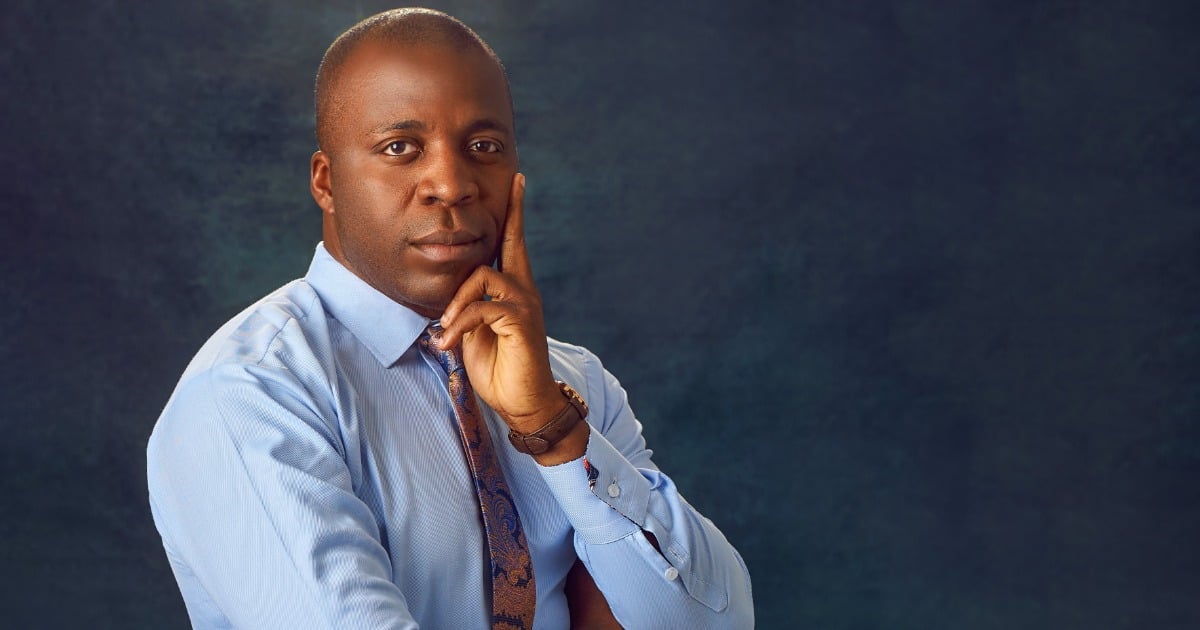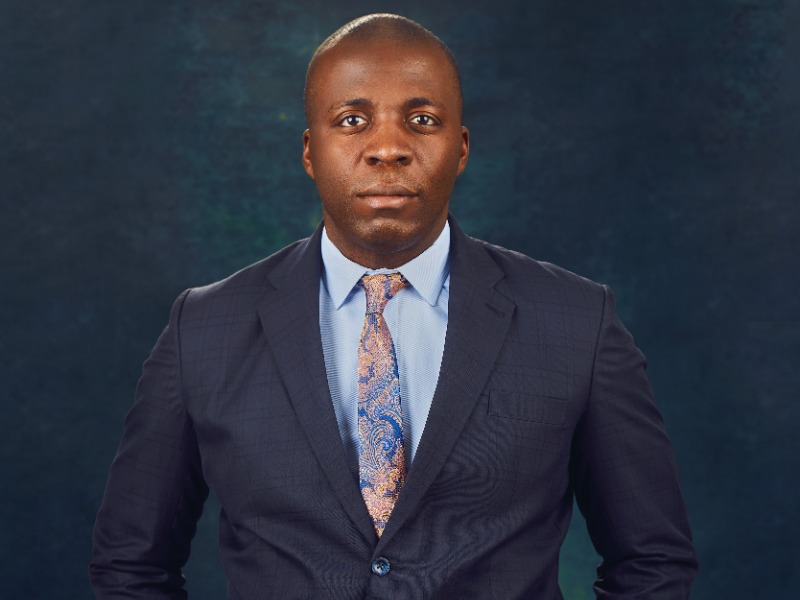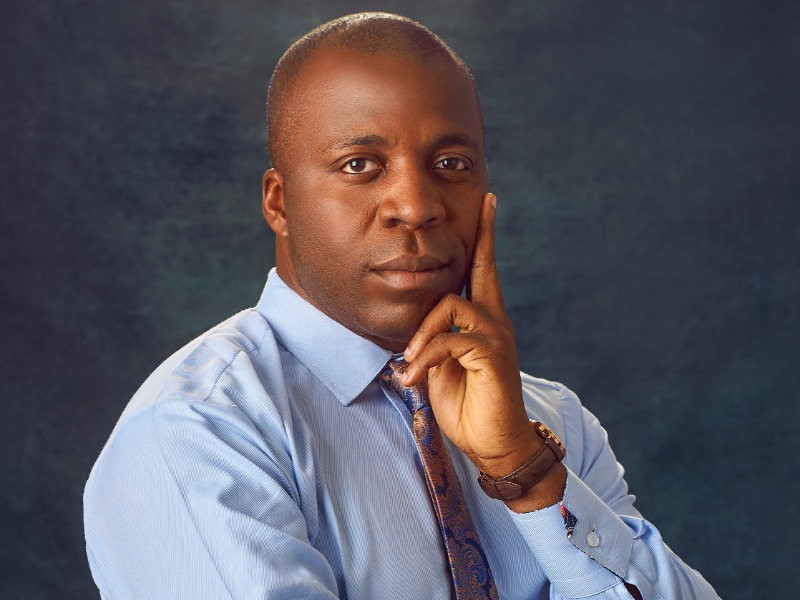An e-commerce takeover in the next 20 years?

By Koketso Mamabolo
Adebayo Adeleke sees change in Africa’s future
“... it’s quite important for us as stakeholders on the continent to tell the story and to tell the story right,” says Adebayo Adeleke, an author and entrepreneur who is on a mission to tell Africa’s supply chain stories. Adebayo spent his early years in Nigeria, where he was born, and joined the US military when migrated to America after high school.
He promised himself that after 20 years in the military he would retire and move onto another profession. He spent time as a lecturer, doing consulting work and went on to start Adebayo Adeleke LLC, Supply Chain Africa. The organisation works with business to find sustainable supply chain solutions.
One of the ways he’s shedding light onto the continent’s supply chains is through his podcast, Unfettered, where entrepreneurs can share the stories of the challenges they’ve faced and how they’ve found success. He’s since expanded the scope of the conversations.
“I took a pause for a while to kind of redirect the direction of the podcast, but it has really helped me share my message, especially on non-supply chains and non-leadership topics - more or less on humanistic topics. The more I understand the supply chain, the more I understand life.”
Here Adebayo shares his thoughts on how e-commerce could affect supply chains on the continent, the need for business to consider risk management and the lessons he learned in the military.

Why do you believe it’s important to tell Africa’s supply chain stories?
I believe there are a lot of misconceptions about the African supply chain stories. If nobody tells our supply chain story from our point of view, then who's going to tell it? Some of the stories we've heard out there have been of a very derogatory nature and I think it's more or less of a disservice to the continent. But a lot of things that have emanated out of Africa, that's come out of Africa rather as far as the supply chain is concerned. I've been able to tell our supply chain story. There are a lot of things going on - improvement, the innovation and, more importantly, the African supply chain is quite unique. And if you don't understand it, you can't really tell the story. So that's why it's quite important for us as stakeholders on the continent to tell the story and to tell the story right.
What are some of the challenges you’ve identified and how can they be overcome?
When it comes to the African supply chain, it’s not monolithic in nature. It's quite diverse. And depending on who you are talking to, there are a lot of divergent views on what the African supply chain is supposed to look like, how it's supposed to be shaped, what are we supposed to be, what are we supposed to do or what-not? It's very important to understand that different regions have their own nuances.
I believe that the professionalisation of the supply chain across the continent is one of the top priorities that needs to be addressed on the continent. Infrastructure will come, the people that are going to be operating the infrastructure - or overseeing the infrastructure - if they are ready to develop, infrastructure will come regardless of time.

Why did you start a podcast?
I started a podcast two years ago, called Unfettered. I started this podcast to pivot it a bit away from my day-to-day supply chain learning, supply chain teachings, consultations and what-not. I've probably learned one or two lessons from their story. I would definitely love to share their story with the rest of the world so that we all can learn. A learning man is a grown man, and that's what the world needs at the moment.
How has e-commerce affected the supply chain and how can businesses adapt?
E-commerce is quite broad, and I think the use of social media has decentralised what we now know as e-commerce into something quite manageable. So it's changing the traditional scope of things. It's changing what we know about how businesses operate on the continent. The regular supply chain as we know it is not the same. A lot of decentralisation is also happening in our supply chains as well. The linear supply chain has been morphed into a more decentralised, more cyclic supply chain. So e-commerce is here to stay, though it's taking time to kind of pick up. So in the next 20 years, these markets will have been modified. And, more importantly, I believe e-commerce will have taken over the continent entirely.
What effect did the COVID-19 pandemic have on supply chains and how have businesses adapted?
What COVID-19 has done to supply chains, not only in Africa, but globally, is to expose different fault lines. It shows that a lot of people do not take risk management as an integral part of their supply chain. Supply chain mapping is lacking in most areas, and it actually stretched a lot of supply chains, and in some instances, a lot of supply chains were broken.
Businesses are adapting now by understanding the essence of visibility, the essence of the ability to track a lot of stuff - to understand the supply chain market. Who and what is within my supply chain? What are the touch points within my supply chain? What is going on within my supply chain? Does something that is happening in Bangladesh affect my supply chain? Something happening in China? Does it affect my supply chain?
Register Africa Tech Week:


.svg)












